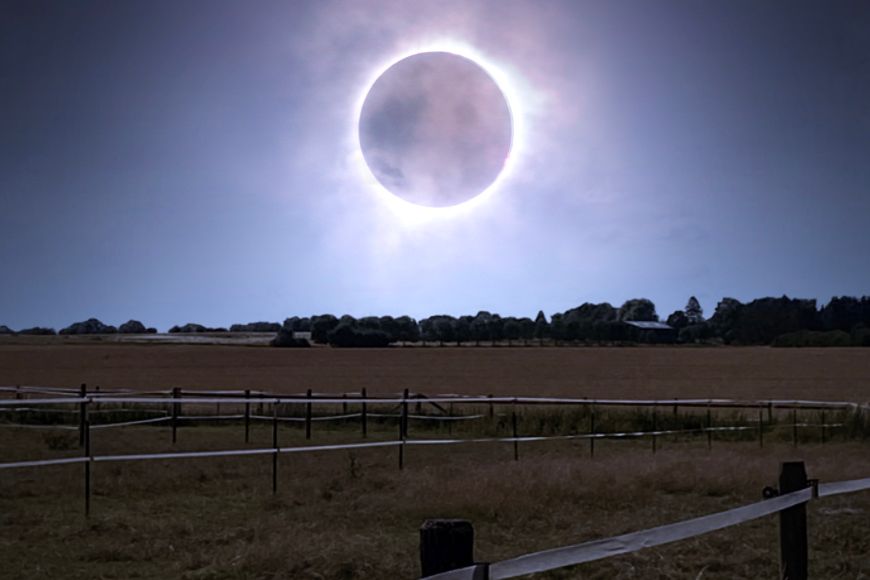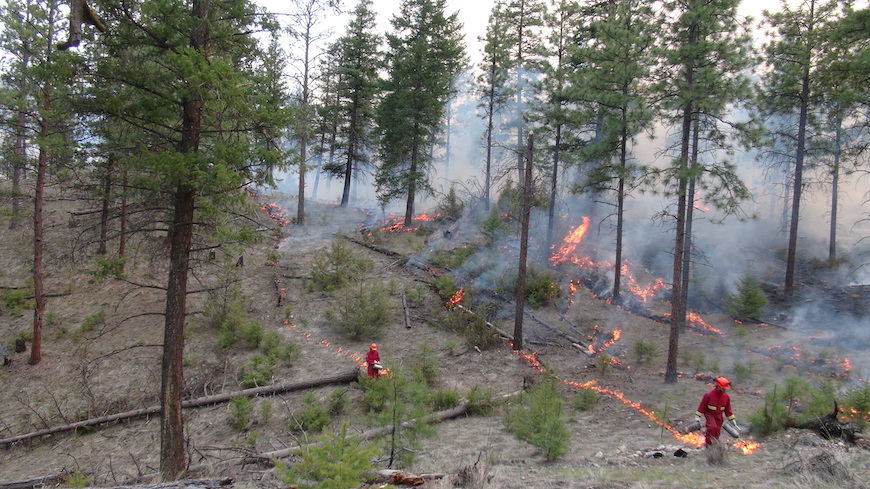Click to email a link to a friend (Opens in new window)
Click to share on LinkedIn (Opens in new window)
Click to share on Facebook (Opens in new window)
Click to share on Twitter (Opens in new window)
Solar eclipses associated with increased traffic fatalities
Science, Health & Technology
With a total solar eclipse approaching, researchers are offering advice to prevent a possible surge in traffic fatalities based on new research examining traffic risks around the 2017 total eclipse.
The research revealed a significant increase in traffic risk around the time of the total eclipse, resulting in 46 extra deaths in the U.S. Dr. John Staples, a clinical associate professor in UBC’s department of medicine, co-authored the research letter along with lead investigator Dr. Donald Redelmeier of the University of Toronto. It was published today in JAMA Internal Medicine.
The increased risks “likely derive from increased traffic, travel on unfamiliar routes, speeding to arrive on time, driver distraction by a celestial event, drug or alcohol impairment, or eclipse viewing from unsafe roadside locations,” said Dr. Redelmeier.
A total of 741 people were involved in fatal crashes over the three-day eclipse exposure interval (10.3 per hour) and 1,137 were in fatal crashes over six control days (7.9 per hour), corresponding to a 31 per cent increase in fatal crash involvement.
“To help prevent another possible surge in traffic fatalities, drivers should respect speed limits, minimize distractions, allow more headway, wear a seatbelt and never drive impaired,” said Dr. Staples.
The next total solar eclipse will occur on April 8, and is within driving range for more than 200 million people in the U.S. and Canada.
Media interested in speaking with Dr. Staples about the findings can email [email protected].

















